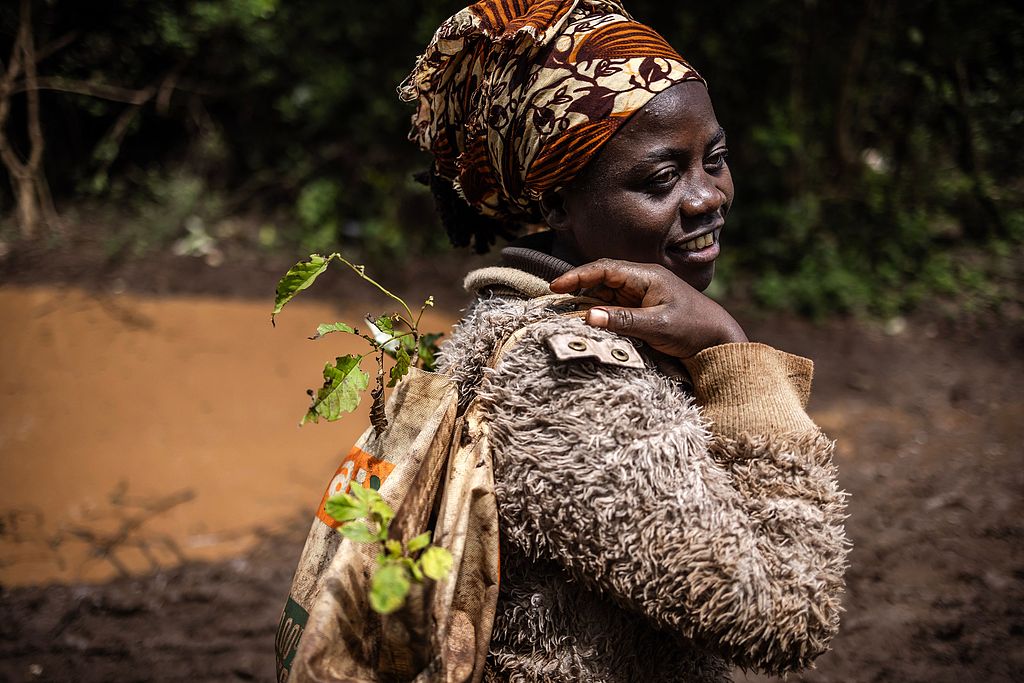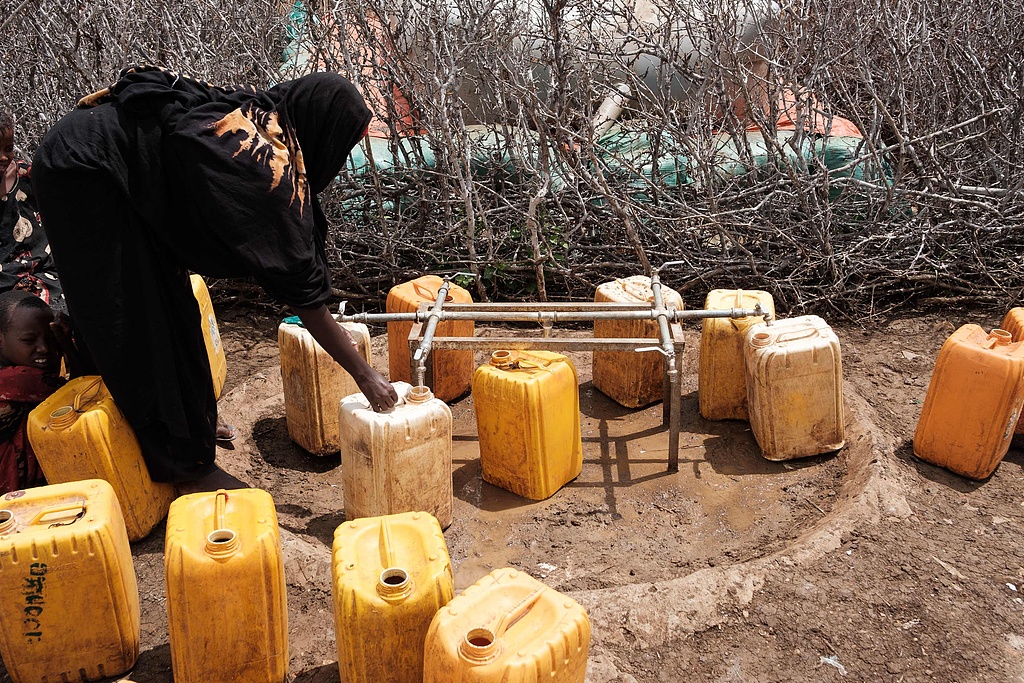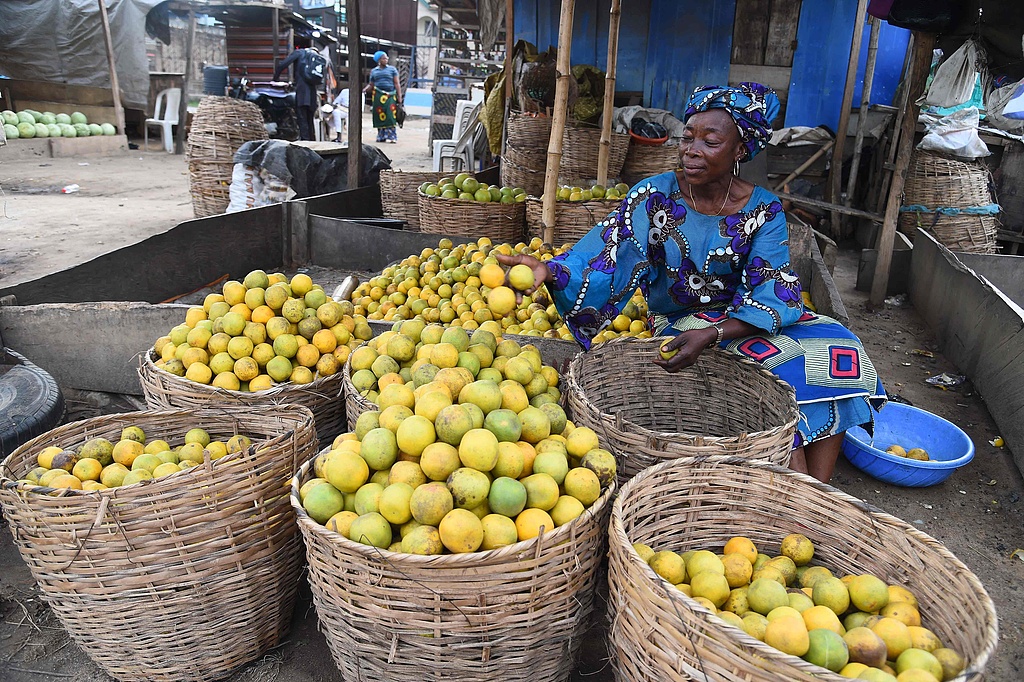
UN report highlights women’s pivotal role in leading drought resilience efforts
Women drive progress and build resilience to drought despite an increase in dry spells globally, according to a report by the United Nations Convention to Combat Desertification (UNCCD) and the Food and Agriculture Organization of the United Nations.
In Women-Led Solutions for Drought Resilience, the UN called for better recognition and support of women-led efforts to protect vulnerable communities from the effects of drought. It also emphasized that women’s land rights are crucial for achieving food security.
The report, published as the UN observed the International Day of Rural Women on Tuesday, highlighted 35 case studies from Africa, Asia, and Latin America, exhibiting women’s leadership in addressing drought resilience using various methods of water conservation practices, land restoration, and climate-smart farming techniques.

There are several examples of such initiatives across Africa.
In South Africa, the United Nations Development Program implemented the GEF Small Grants Programme in KwaZulu Natal province. The project worked mainly with women and used improved seed and food diversity and the application of local knowledge systems.
In Amboseli, in southern Kenya, women run several grass seed banks. The banks act as important stores of diverse grass species adapted to local climatic conditions, especially drought. Women there prepare land, weed, harvest, collect, and store seeds and hay. They then preserve or sell them for future use.
Meanwhile in Uganda, an initiative led by the Global Youth Foundation empowers women farmers through targeted interventions, such as training programmes on cultivating drought-resistant crop varieties. This equips them with the necessary knowledge and skills to navigate climate variability and effectively mitigate the impacts of drought on crop yields.
These women-led initiatives have helped optimize planting schedules, irrigation practices, and other agricultural activities, enhance livestock nutrition, and restore acres of degraded land.

Ibrahim Thiaw, Executive Secretary of the UNCCD, paid tribute to the “ingenuity and resourcefulness” of women and girls championing this wave of action.
“Women have long been viewed as the most vulnerable to drought, but as this report reveals, they are also the most resilient, leading the way in developing solutions to one of the world’s most pressing challenges,” Thiaw said.
“Whether in Africa’s Sahel region, in northern Kenya, in Iran, in Peru or in Morocco, women have proven their resilience and their ability to overcome the most inextricable conditions to keep their families thriving.”
Thiaw also called on all global stakeholders to urgently address gender inequality, saying it was an opportunity to harness untapped potential in the fight against climate change.






